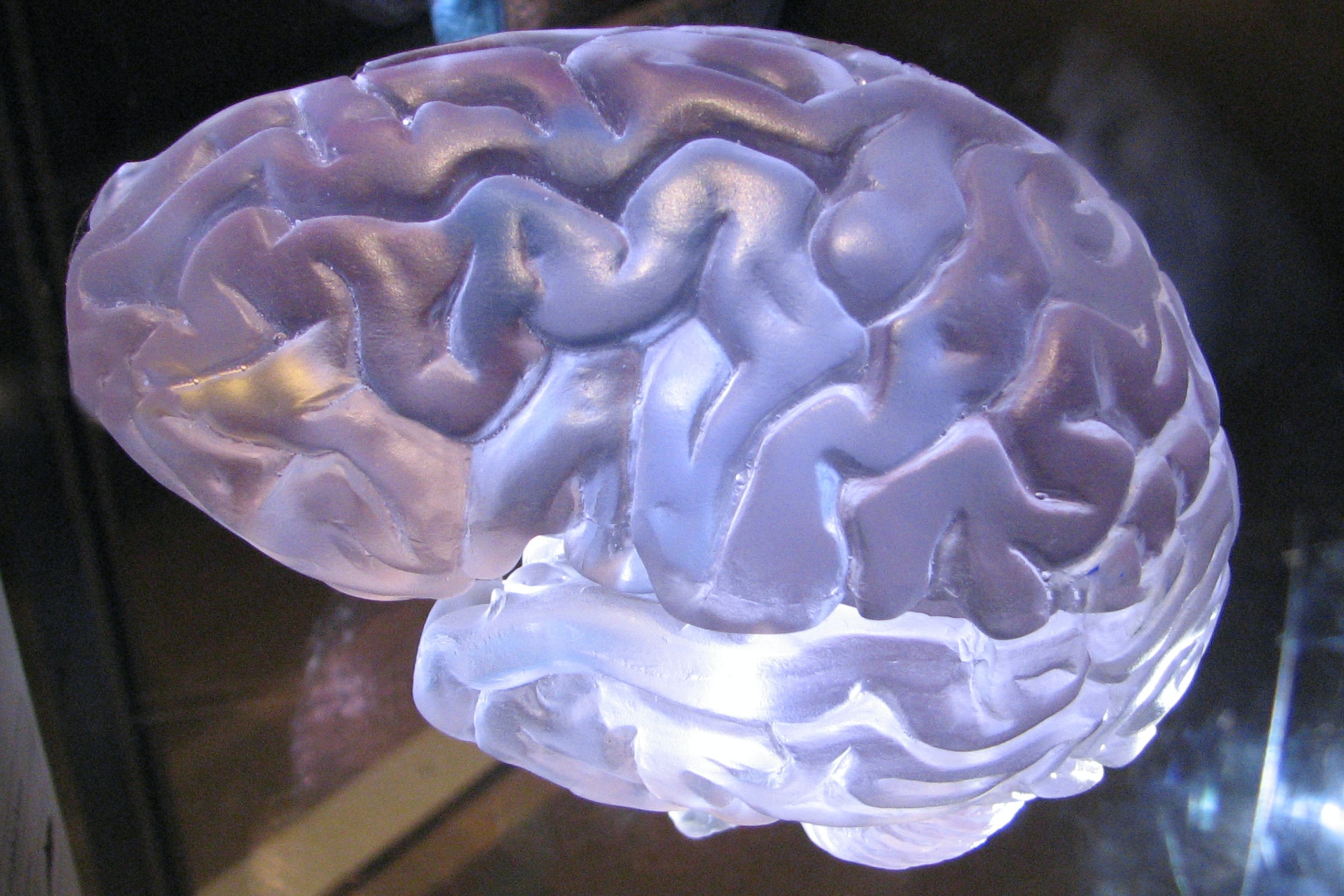Mental health is a crucial aspect of overall well-being, and sleep plays a significant role in maintaining it. Sleep deprivation or poor sleep can also trigger the onset of mental disorders like anxiety and depression. So, sleep and mental health are closely connected and co-occur by the onset of the other. In fact, most mental illnesses start as insomnia.
Our brains are active while we sleep, and significant activities take place that are crucial for sustaining our mental and emotional well-being. Neurons are renewed and repaired when we sleep, and memories are solidified. This is why getting a good night’s sleep is so important for improving our concentration, memory, and learning. Therefore, when our sleep is disturbed, these processes are disturbed as well, which can lead to a variety of mental health problems and increased stress. When we don’t sleep well, the levels of melatonin, a hormone that helps us fall asleep, and cortisol, the hormone that disrupts the normal sleep-wake cycle, get out of balance. The more often it happens, the more chances there are that it could lead to insomnia, stress, and mental disorders. The increase in stress is not only the result of insomnia but also one of its main causes. because when we get stressed, we release cortisol and this would affect our sleep-wake cycle.
Depression is a mental illness marked by ongoing sadness, losing interest in hobbies, and having little energy, and in some cases, losing sleep. Due to its impact on the brain’s capacity to control mood, sleep deprivation can also raise the chance of developing depression. Insomniacs are more prone to developing depression and vice versa, those who suffer from depression are more likely to have insomnia.
Postpartum depression is a form of depression that affects new mothers. It is brought on by a confluence of stress, sleep deprivation, and hormonal changes. Due to the rigors of caring for a newborn, new moms frequently experience sleep deprivation, which can result in postpartum depression that can last up to months or years.
Another mental illness that can result from insufficient sleep is anxiety. Excessive worry and fear are the hallmarks of anxiety, which can also cause physical symptoms including headaches, tense muscles, and fatigue. These symptoms can intensify due to sleep deprivation and can also make anxiety management more difficult.
So, it is clear that sleep just like food drastically affects our moods and vice versa. How can we improve our sleep in order to reduce the chance of insomnia or some type of mental health disorder? Cognitive behavioral or gestalt therapies have proved to be the most effective ones. They rewire the way to respond to stressful situations and help regulate stress levels. Another therapy that might also work is hypnotherapy, but the success rates are much lower than in previous therapies.
Creative approach to every project
Lorem ipsum dolor sit amet, consectetur adipisicing elit, sed do eiusmod tempor incididunt ut labore et dolore magna aliqua. Ut enim ad minim veniam, quis nostrud exercitation ullamco laboris nisi ut aliquip ex ea commodo consequat. Duis aute irure dolor in reprehenderit. Lorem ipsum dolor sit amet, consectetur adipiscing elit.
Etiam vitae leo et diam pellentesque porta. Sed eleifend ultricies risus, vel rutrum erat commodo ut. Praesent finibus congue euismod. Nullam scelerisque massa vel augue placerat, a tempor sem egestas. Curabitur placerat finibus lacus.



